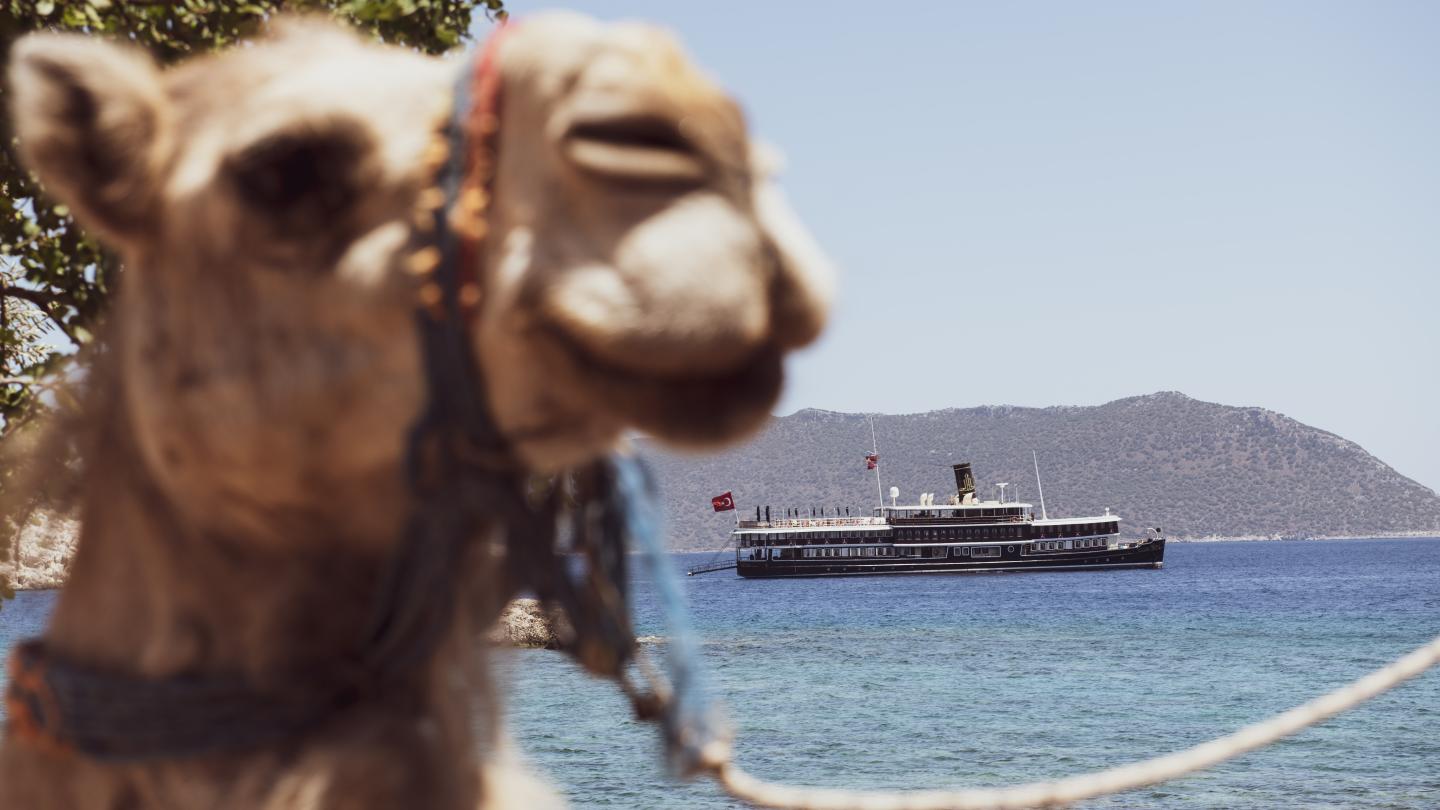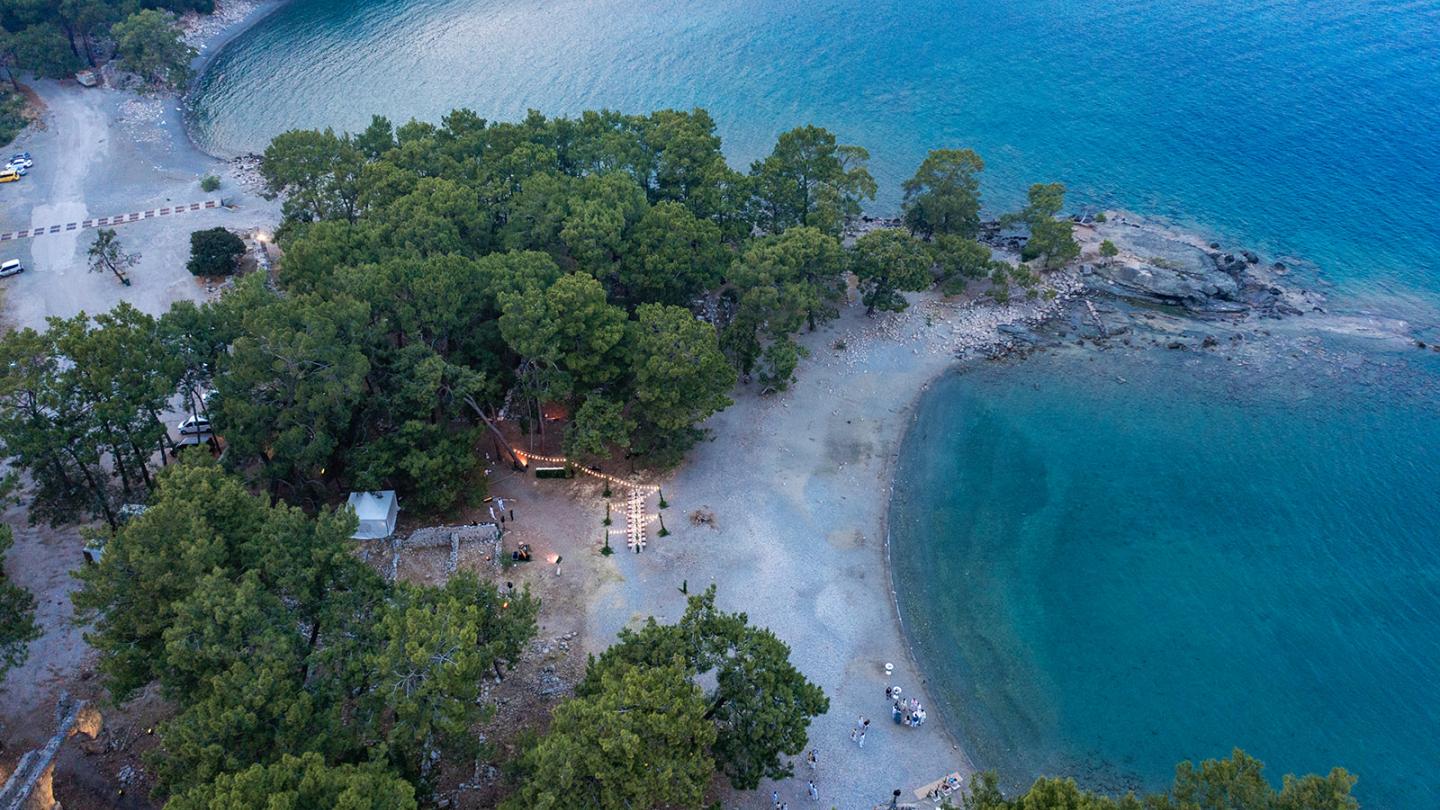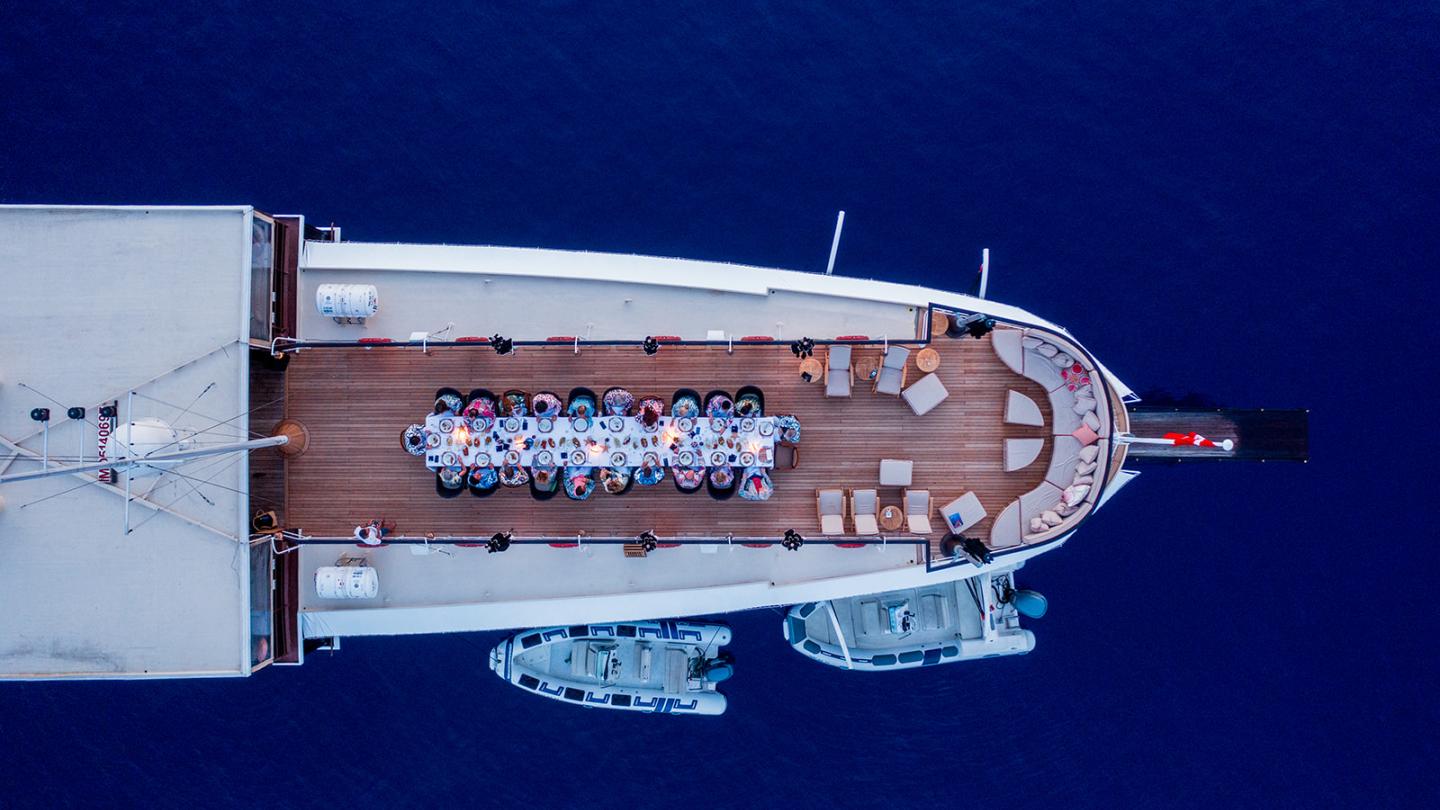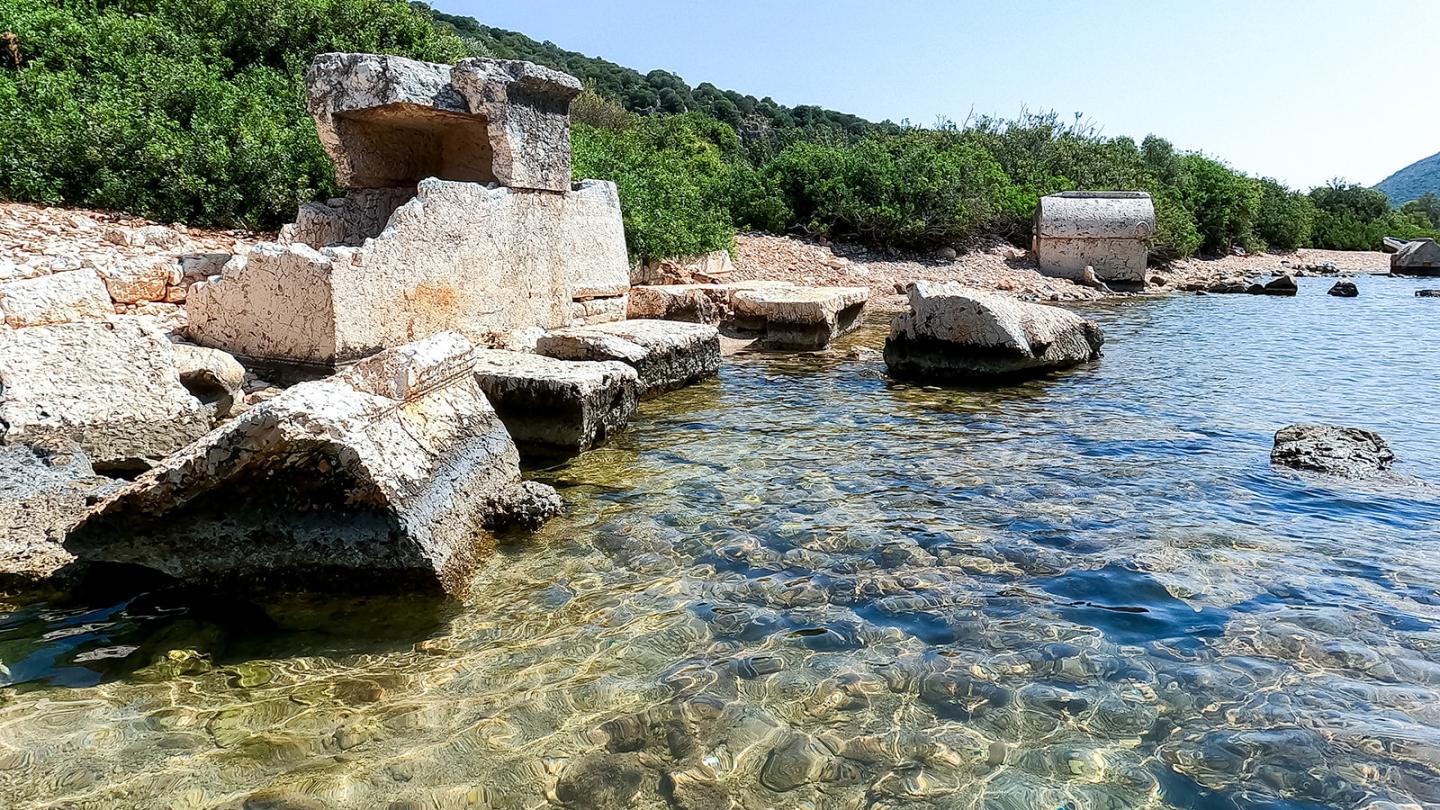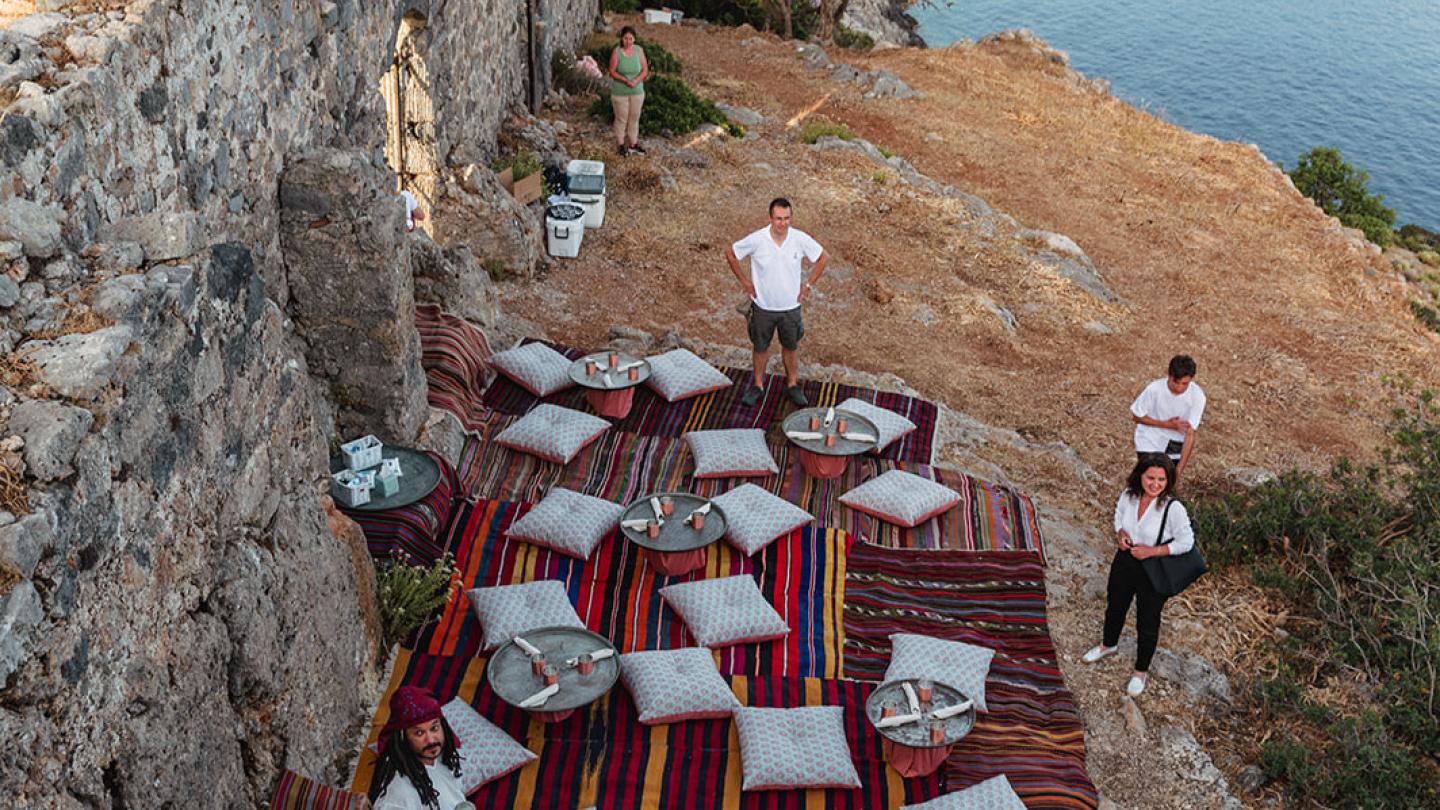Türkiye is a treasure trove of history, holding the world’s oldest shipwrecks along the Maritime Silk Road.
Its rocky shores and a storied history of piracy have made it a magnet for archaeologists and adventurers alike. And yet, what lies beneath its waters is not just national treasure — it’s a redefinition of human history.
I recently saw a
BBC feature on an incredible project we were privileged to support: Türkiye’s "Island of 400 Ancient Shipwrecks." Seeing it made my heart swell with pride, not just for what was achieved, but for what it represents — a blueprint for sustainable tourism in action.
The power of passion and partnerships
At the center of this project is Hakan Öniz, a visionary archaeologist who has dedicated his life to uncovering Türkiye’s maritime history. Through his sheer passion and determination, he inspired a network of Türkiye’s leading figures to become part of this remarkable journey.
By welcoming them into his world — introducing them to the shipwrecks and the stories they hold — he sparked a collective drive to protect and uncover this underwater treasure trove.
This is where MEP stepped in. During the pandemic, we organized two of the most extraordinary trips of our careers. These fundraising journeys were not just events — they were transformational experiences.
Over two trips, each hosting about 25 passionate guests, we raised amounts that funded the launch of the Mediterranean’s largest underwater archaeology ship and supported excavation teams uncovering history-changing discoveries.
Creating magic while supporting communities
These weren’t just trips — they were events that wove history, luxury, and sustainability together.
Guests dived into history, literally, exploring shipwrecks that revealed Sudanese glass, Baltic jewels, and Afghan treasures — traces of ancient trade routes no one thought existed.
Our on-land experiences were equally exceptional. Imagine dining in ancient Roman cities like Iasos and Phaselis, where every meal helped fund excavation efforts.
Picture a "pirate night" on Gemile Island, an ancient settlement believed to be the birthplace of Saint Nicholas, complete with no electricity and a sky full of stars.
Or collaborating with the indigenous nomadic communities of Kaş, bringing camels to a beach to create unforgettable moments while generating income for local families.
And the impact didn’t stop there. Funds raised also supported the Church of Santa Claus in Demre, fueling excavation efforts that shed light on one of the world’s most beloved historical figures.
A model for sustainable tourism
These efforts weren’t about us; they were about what sustainable tourism can achieve. By offering our time pro bono and crafting experiences that deeply resonated with our guests, we not only supported historical preservation but also empowered local communities, turning tourism into a force for good.
For those of us in the developing world, the opportunities for impact are immense. We don’t have to wait for governments or large institutions to take the lead. By forming creative partnerships and leaning into our industry’s unique capabilities, we can make an indelible mark on the communities we work with.
A call to action
The story of Türkiye’s ancient shipwrecks is a testament to what’s possible when passion meets purpose.
It’s also a reminder that the role of a destination management company (DMC), or any professional in the corporate events and incentive travel industry, goes beyond logistics. We are enablers of change, stewards of culture, and champions for sustainability.
I hope this inspires you to think about the projects you can support in your destinations. Whether it’s through pro bono work, creative fundraising, or simply using your platform to raise awareness, the ripple effect of these efforts is profound.
Let’s use our industry’s incredible reach to make a difference. After all, isn’t creating something meaningful the ultimate incentive?
